Probiotics And Kidney Disease
Probiotics and kidney disease. Probiotics and chronic kidney disease Probiotics are the focus of a thorough investigation as a natural biotreatment due to their various health-promoting effects and inherent ability to fight specific diseases including chronic kidney disease CKD. A rationale for the use of probiotics in patients on hemodialysis HD stems from reports of dysbiosis in the intestinal flora in chronic kidney disease CKD the researchers wrote. For a probiotic designed specifically for the unique needs of the kidney problem community check out our awesome supplement Kidney Restore a potent probiotic with all the nutrients you need and one of the very best kidney supplements on the market today.
Many kidney patients could benefit from prebiotics and probiotics but should choose these supplements carefully. These symptoms are often moderate to severe and can significantly affect the quality of life. Probiotics for kidneys can be a powerful allies.
Chronic kidney disease CKD is a syndrome caused by the progressive reduction of renal function. As a result kidney issue deterioration is halted and the heart health improves. Whether dealing with any stage of chronic kidney disease or any other health condition the gut is of paramount importance.
Potential health benefits of probiotics in chronic kidney disease. Probiotics for Nausea and Vomiting in Kidney Disease Nausea and vomiting are very common symptoms in individuals with end-stage kidney disease and those on dialysis. Probiotic microorganisms multiply and metabolize larger quantities of uremic toxins facilitating the increased diffusion of these toxins from the circulating blood into the bowel across the lining of the intestinal walls.
Probiotics could attenuate renal function deterioration in CKD patients. Effects of probiotic supplements on the progression of chronic kidney disease. Indeed intestinal microbiota has recently emerged as an important player in the progression and complications of CKD.
Chronic kidney disease CKD is a global health issue that has a substantial impact on affected individuals. The bottom line. The compounding research shows uremic toxins impact the gut and kidney disease.
This study aimed to systematically examine the effects of supplementation with probiotics in the treatment of CKD. Probiotics are live.
Chronic kidney disease CKD is a syndrome caused by the progressive reduction of renal function.
Chronic kidney disease CKD is a global health issue that has a substantial impact on affected individuals. Many kidney patients could benefit from prebiotics and probiotics but should choose these supplements carefully. These symptoms are often moderate to severe and can significantly affect the quality of life. Chronic kidney disease CKD is a global health issue that has a substantial impact on affected individuals. Searches were carried out on databases MEDLINE PubMed SciELO Cochrane and. Probiotics and chronic kidney disease Probiotics are the focus of a thorough investigation as a natural biotreatment due to their various health-promoting effects and inherent ability to fight specific diseases including chronic kidney disease CKD. Stool analysis studies show that patients with kidney problems frequently show an imbalance in microbes in both the small intestine as well as the colon. 12 rows Probiotics are the focus of a thorough investigation as a natural biotreatment due to their. A rationale for the use of probiotics in patients on hemodialysis HD stems from reports of dysbiosis in the intestinal flora in chronic kidney disease CKD the researchers wrote.
A rationale for the use of probiotics in patients on hemodialysis HD stems from reports of dysbiosis in the intestinal flora in chronic kidney disease CKD the researchers wrote. Many kidney patients could benefit from prebiotics and probiotics but should choose these supplements carefully. Indeed intestinal microbiota has recently emerged as an important player in the progression and complications of CKD. Why Take Probiotics for Kidney Health. Patients should only take prebiotic and probiotic formulations that have been approved by their healthcare provider to ensure they arent accidentally breaking their dietary restrictions. Probiotic microorganisms multiply and metabolize larger quantities of uremic toxins facilitating the increased diffusion of these toxins from the circulating blood into the bowel across the lining of the intestinal walls. Certain studies have indicated that consumption of probiotics may improve gastrointestinal function and slow the progression of chronic kidney disease.







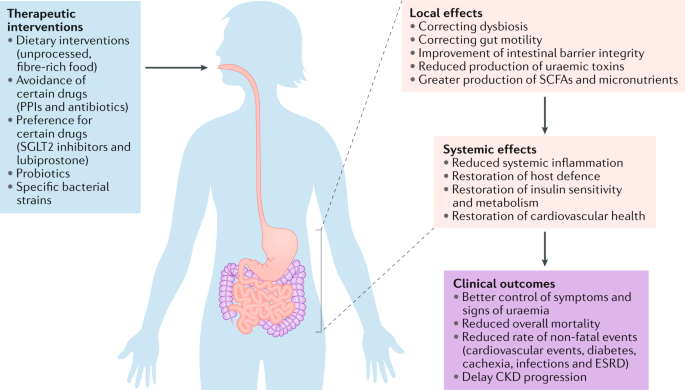

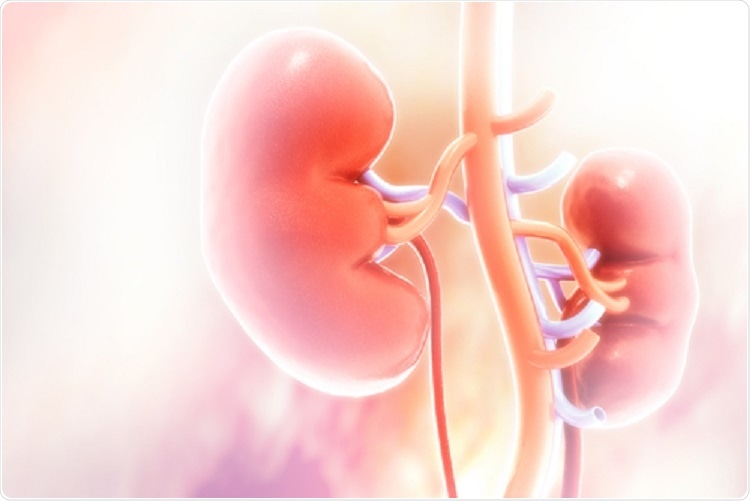






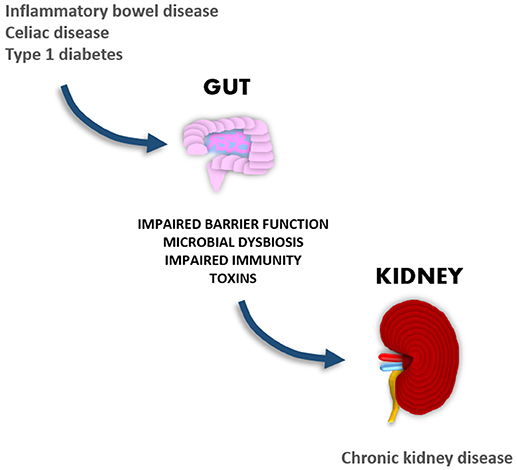

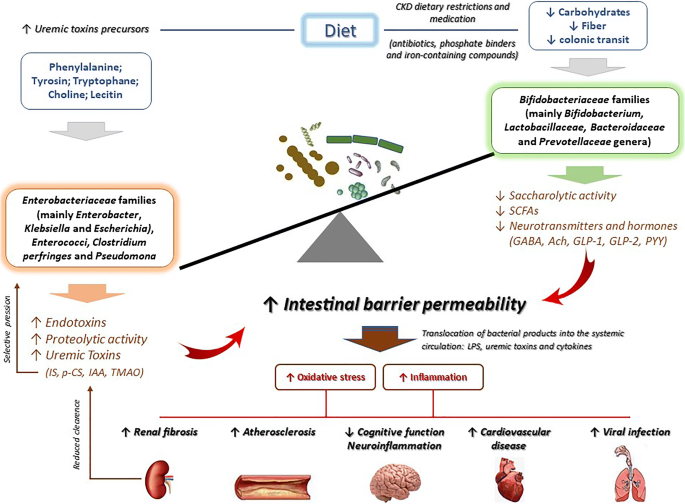








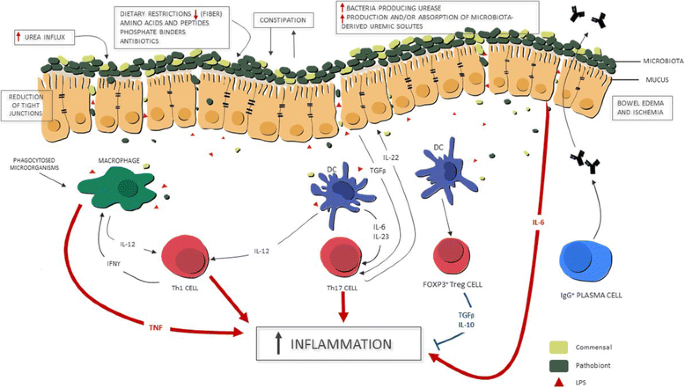

















Post a Comment for "Probiotics And Kidney Disease"